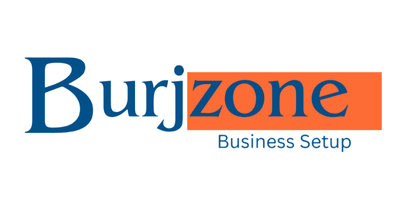Our Blog
Home / Blog
Financial Reporting Templates for SMEs in UAE: What You Must Include
Financial reporting is a critical aspect of business management, especially for SMEs operating across the UAE’s diverse emirates such as Dubai, Abu Dhabi, Sharjah, and beyond. Properly structured financial reports help businesses monitor performance, comply with local regulations, and secure financing.
This article highlights the essential elements your SME’s financial reporting templates should include to meet UAE standards in 2025.
1. Why Financial Reporting Matters for UAE SMEs
Accurate financial reports provide insights into business health, aid in tax compliance (like VAT and corporate tax), and satisfy stakeholders including banks, investors, and government authorities.
2. Key Financial Reports Every UAE SME Needs
Income Statement (Profit & Loss Account): Shows revenues, expenses, and profit or loss over a period.
Balance Sheet: Summarizes assets, liabilities, and equity at a specific date.
Cash Flow Statement: Tracks cash inflows and outflows, highlighting liquidity.
Statement of Changes in Equity: Reflects changes in ownership interest over time.
Notes to Financial Statements: Provides detailed explanations of figures and accounting policies.
3. What to Include in Your Reporting Templates
Clear headings and company details: Company name, reporting period, and location (e.g., Dubai, Abu Dhabi).
Consistent account classifications: Use a well-structured Chart of Accounts compatible with UAE accounting standards.
Accurate VAT calculations: Include separate lines for VAT collected and paid, essential for FTA compliance.
Comparative periods: Display current and prior year figures to analyze trends.
Compliance disclosures: Ensure notes cover adherence to UAE laws, IFRS standards, and any specific industry regulations.
4. Tips for Designing Effective Templates
Use simple, easy-to-read formats.
Automate calculations using spreadsheet software or accounting tools.
Customize templates to reflect your business activities and UAE tax obligations.
Regularly update templates to stay aligned with regulatory changes.
5. Software and Tools for Financial Reporting in UAE
Many UAE SMEs use popular accounting software like QuickBooks, Zoho Books, Xero, or local solutions that support Arabic language and VAT modules, simplifying report generation.
6. Ensuring Audit Readiness
Well-prepared financial reports help streamline the audit process, a common requirement in Dubai Mainland, Sharjah Freezones, and Abu Dhabi jurisdictions. Proper documentation and consistent reporting reduce audit risks and enhance credibility.
7. Final Thoughts
Financial reporting templates tailored to UAE SMEs are indispensable for maintaining transparency, compliance, and informed decision-making. Implementing robust reporting practices in 2025 will position your business for growth and regulatory success in Dubai, Abu Dhabi, Sharjah, and other emirates.
#FinancialReportingUAE #SMEFinanceDubai #UAEAccounting2025 #VATComplianceUAE #DubaiBusinessReports
#AbuDhabiSMEFinance #SharjahAccounting #UAEFinancialTemplates #SMEReportingUAE #AuditReadyUAE
